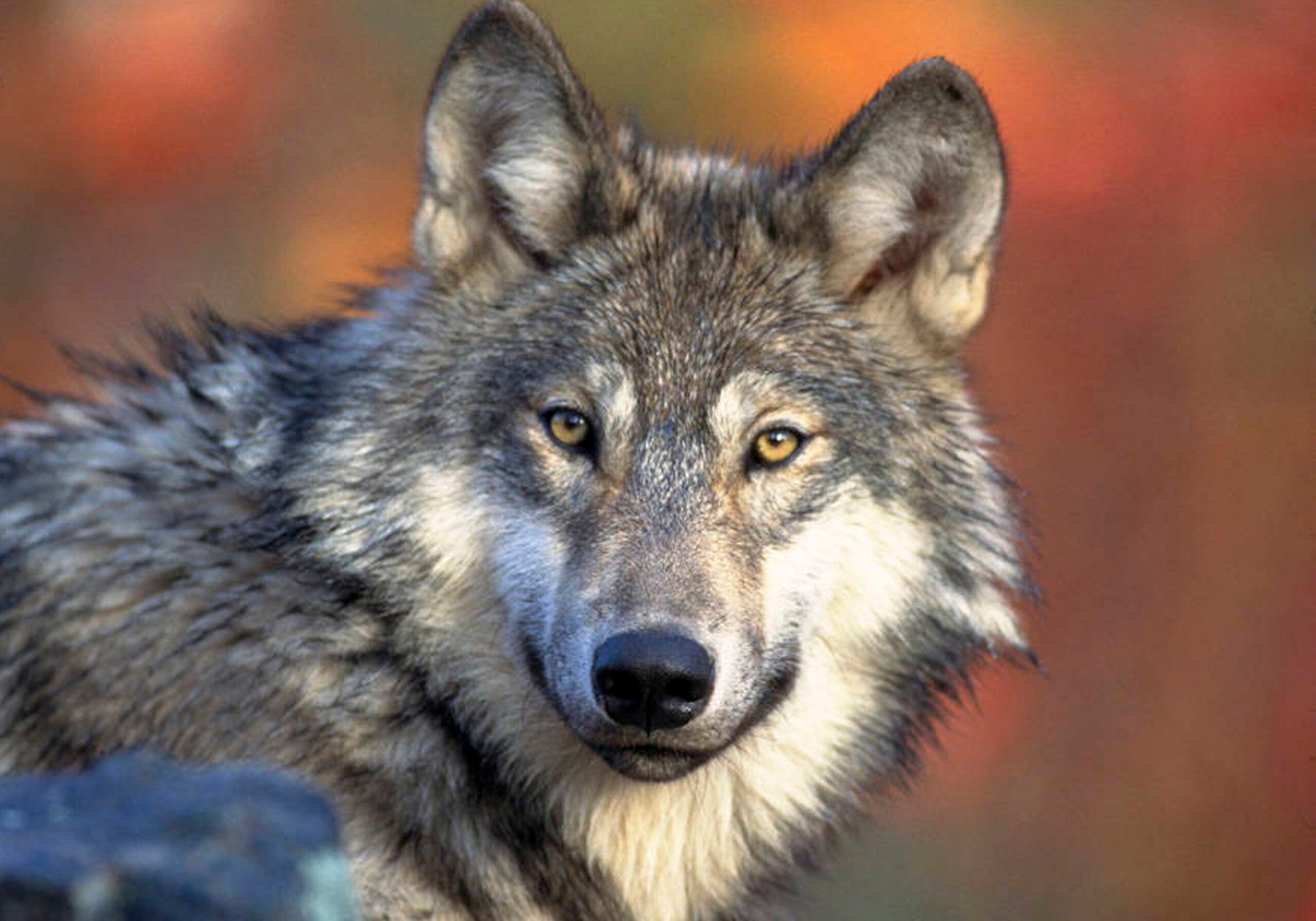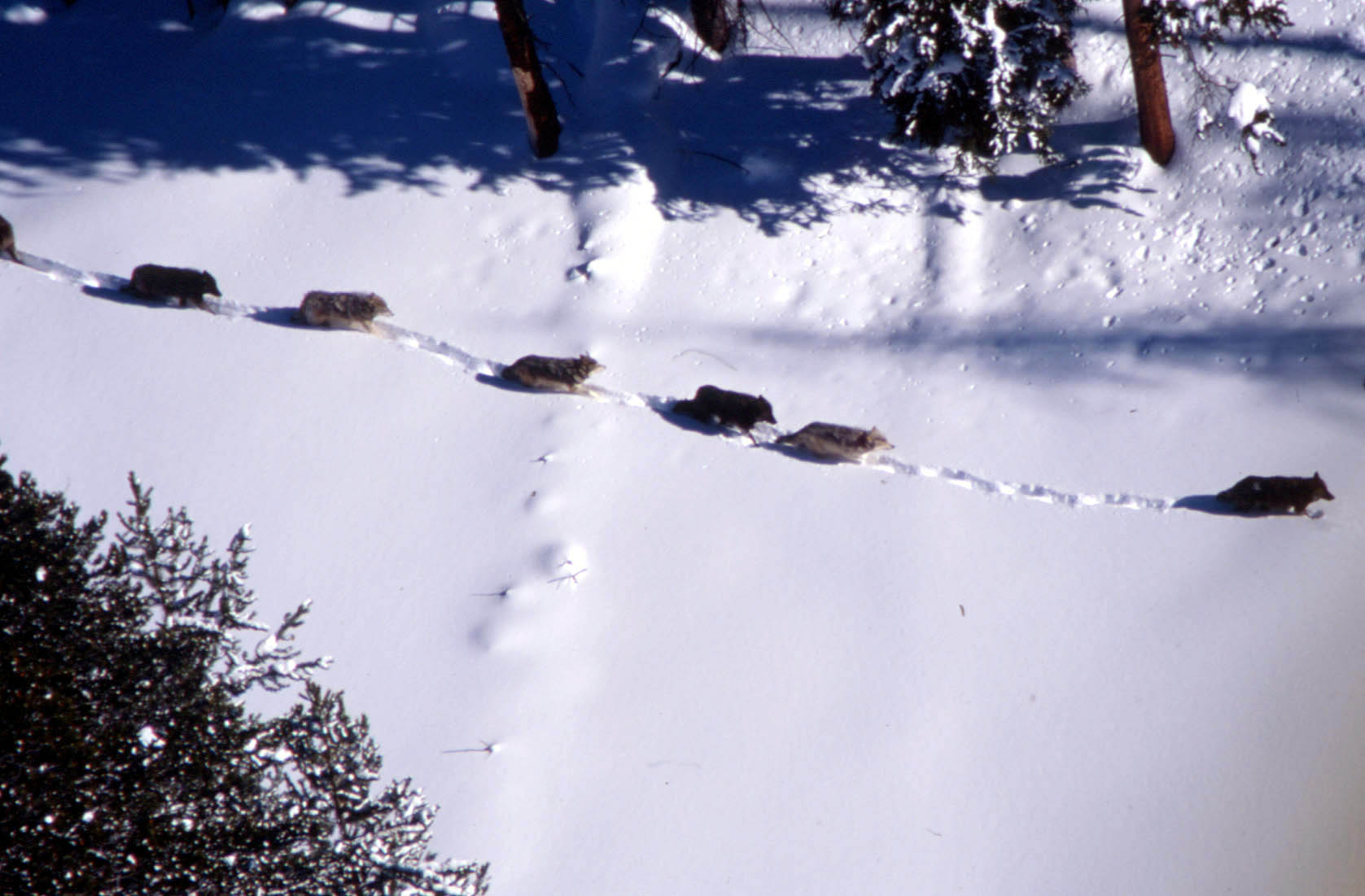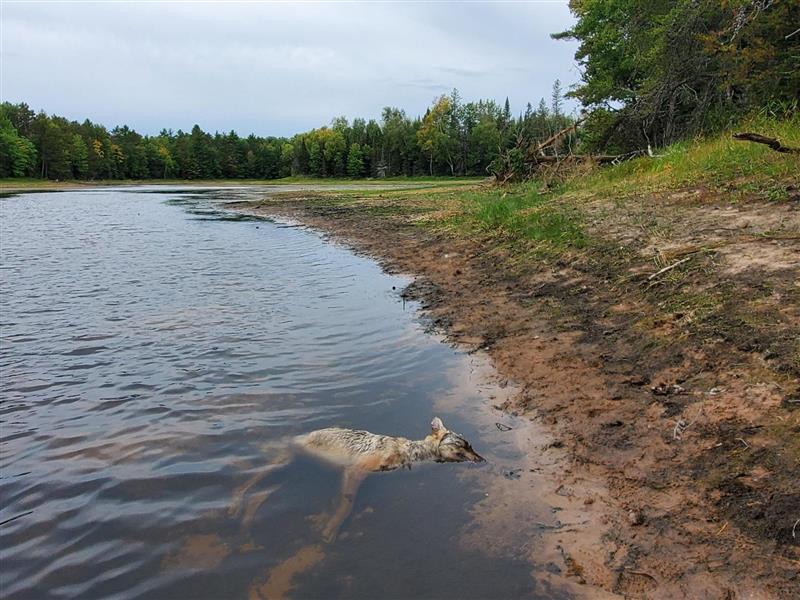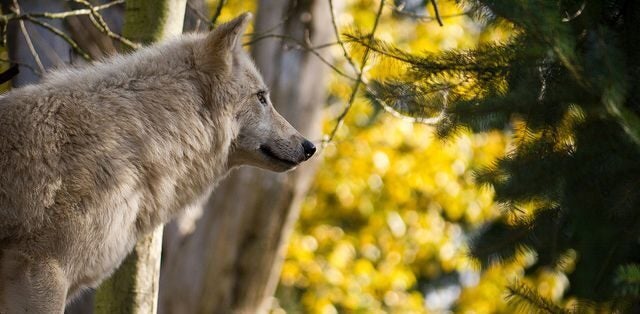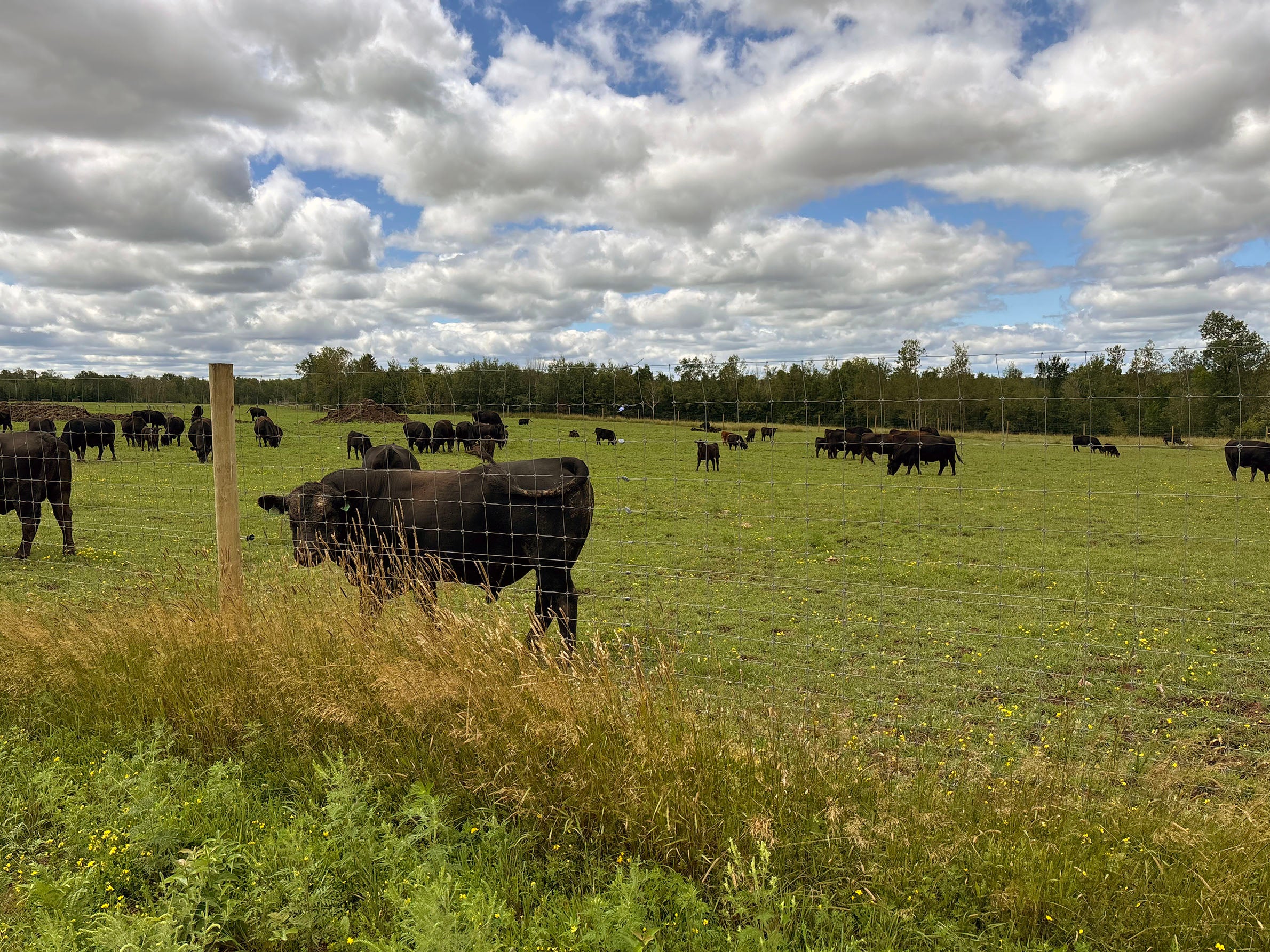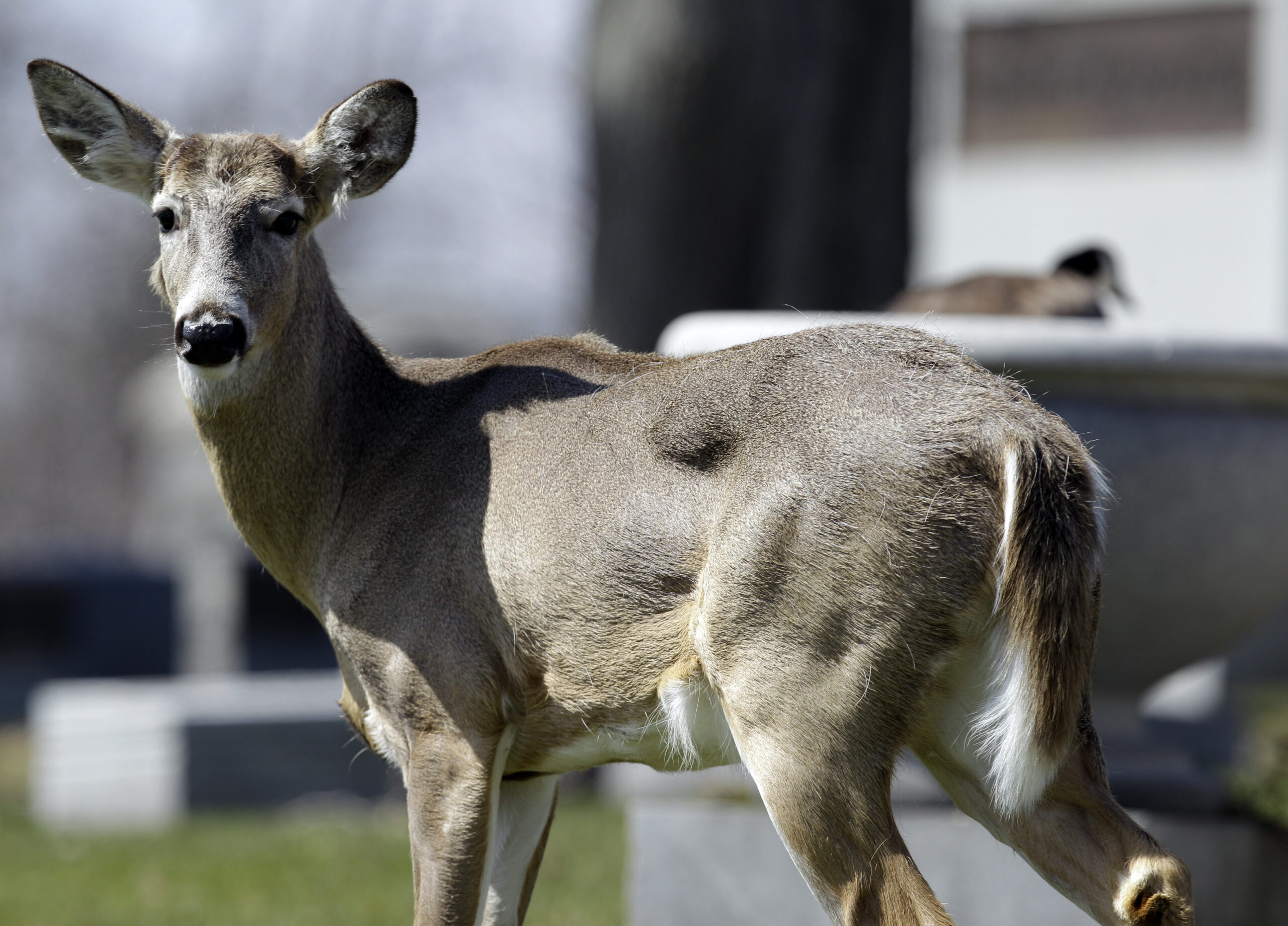Federal officials are offering $1,000 for tips to solve who is behind a rash of animal poisonings in northern Wisconsin.
Raccoons, coyotes, a weasel, three pet dogs and an endangered timber wolf died after eating laced food. The animals apparently consumed “softball-sized” clumps of meat contaminated with the unknown poison in Florence, northern Marinette and Bayfield counties.
Officials with the U.S. Fish and Wildlife Service announced that they will pay $1,000 for information that leads to an arrest or conviction related to the case. The award will be given when a suspect or suspects are arrested and charged.
Stay informed on the latest news
Sign up for WPR’s email newsletter.
Andrew Lundin, a lieutenant conservation warden with Wisconsin’s Department of Natural Resources, said that USFWS is working to determine what killed the animals. He said that investigators are unsure what poison was apparently used.
“We do not know yet what it is,” he said.
The dead animals’ carcasses and food samples that the creatures apparently consumed are in the hands of a USFWS lab.
“We are hoping to get some results back or the reason (for the poisonings),” he said.
Lundin said despite the uncertainty, they have suspicions. The preliminary theory is that someone wanted to eliminate predators in the area.
“Our belief, and the reason the Fish and Wildlife Service is primarily involved with this, is because we suspect the species being targeted is a wolf,” he said.
Lundin said that their would be legal consequences for the poisonings. Fines could reach $1,000 and depending on the animal species, jail time could be in the picture.
“Generally, the fines and potential jail time at the federal level increase,” Lundin said. “It would be specific as to how this has impacted timber wolves or other federally protected species.”
He said there are state and federal penalties for intentionally killing an endangered species, like a timber wolf.
According to Lundin, there could also be unintended consequences of the illegal poisoning since birds of prey can perish after eating affected carcasses.
Wisconsin Public Radio, © Copyright 2025, Board of Regents of the University of Wisconsin System and Wisconsin Educational Communications Board.
